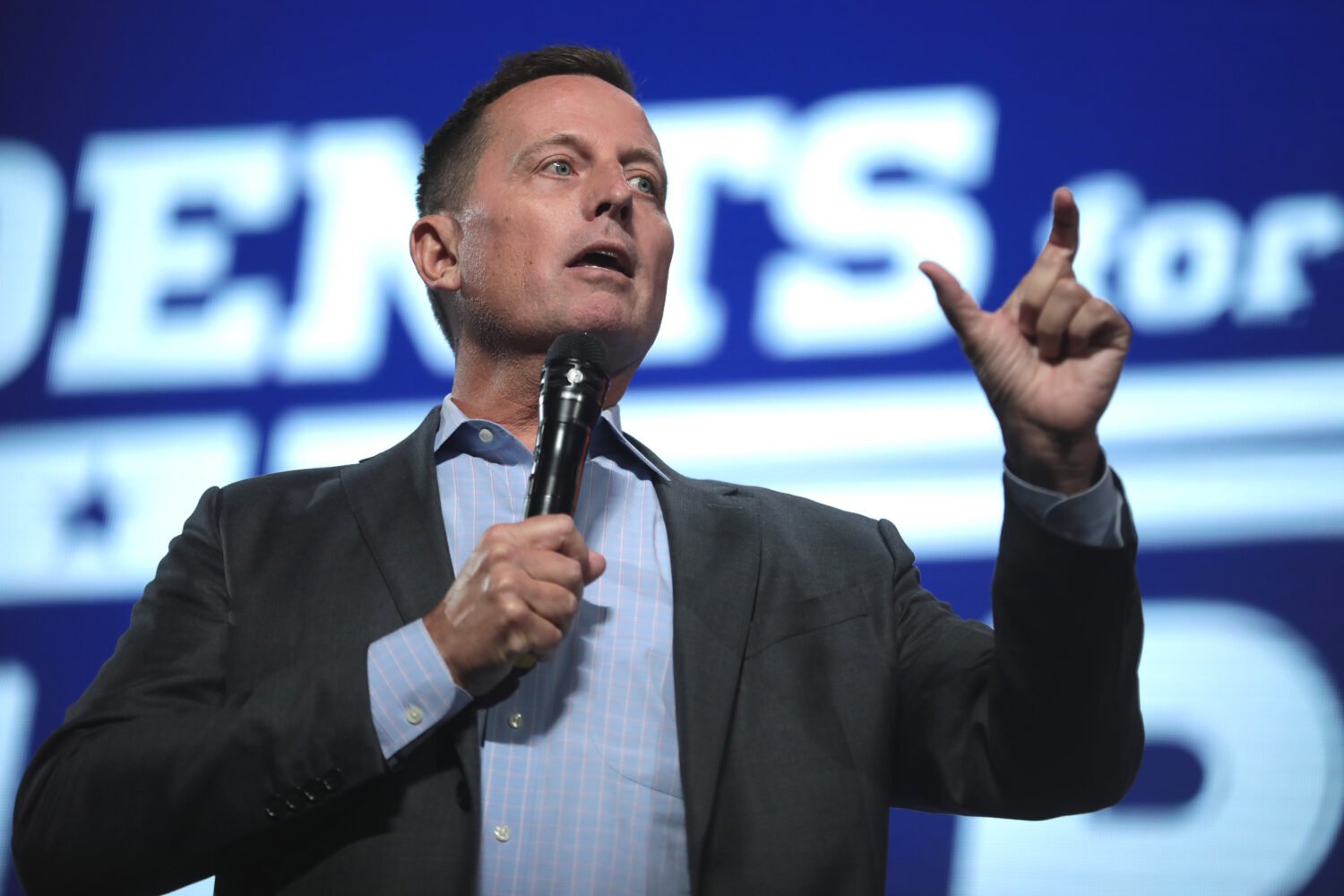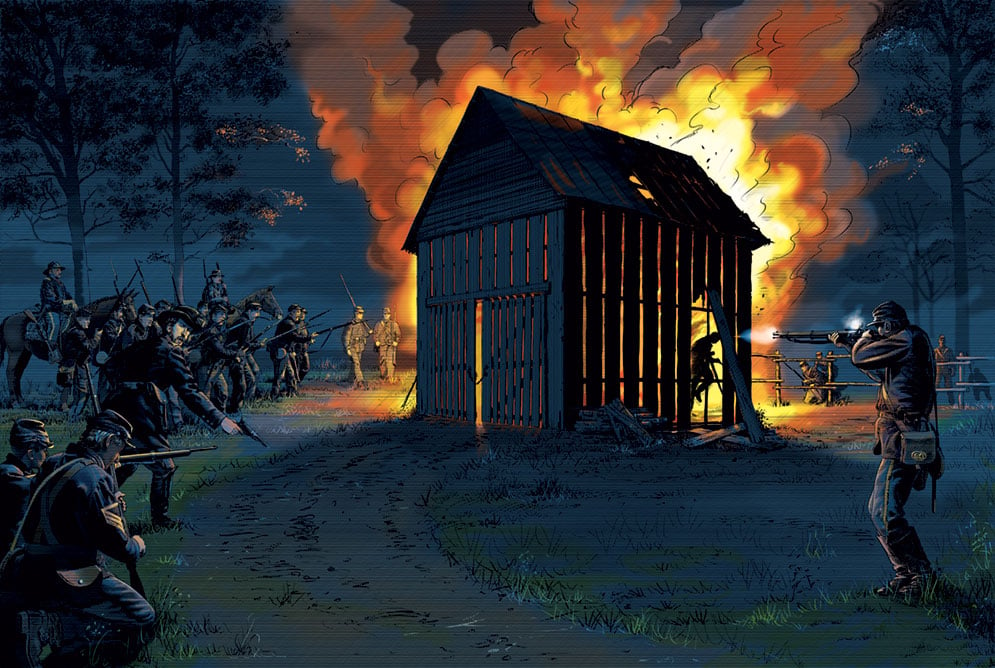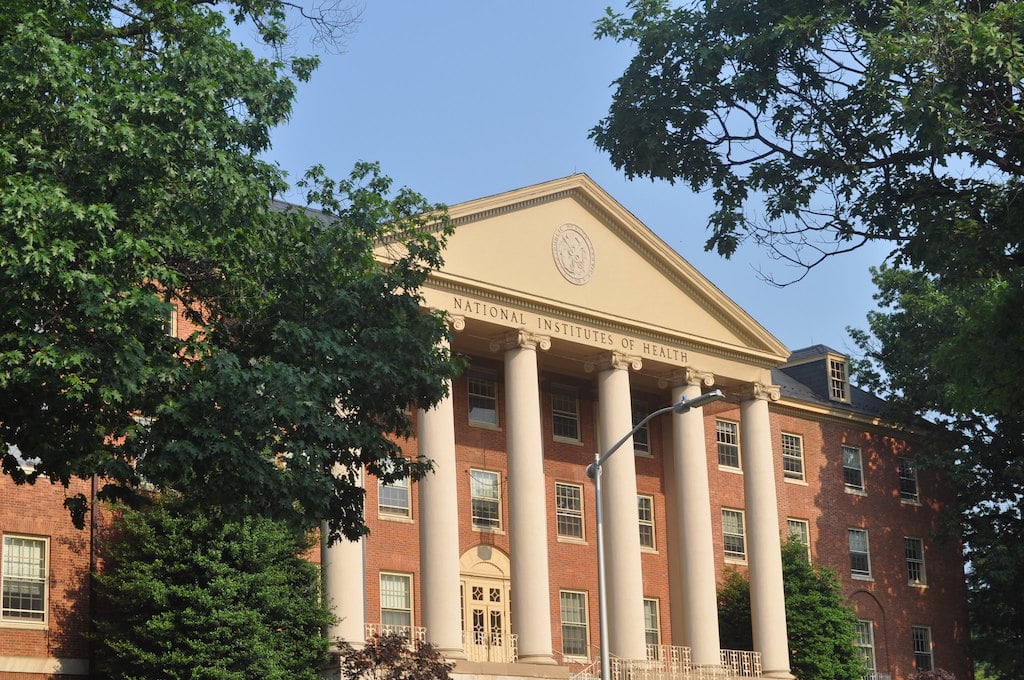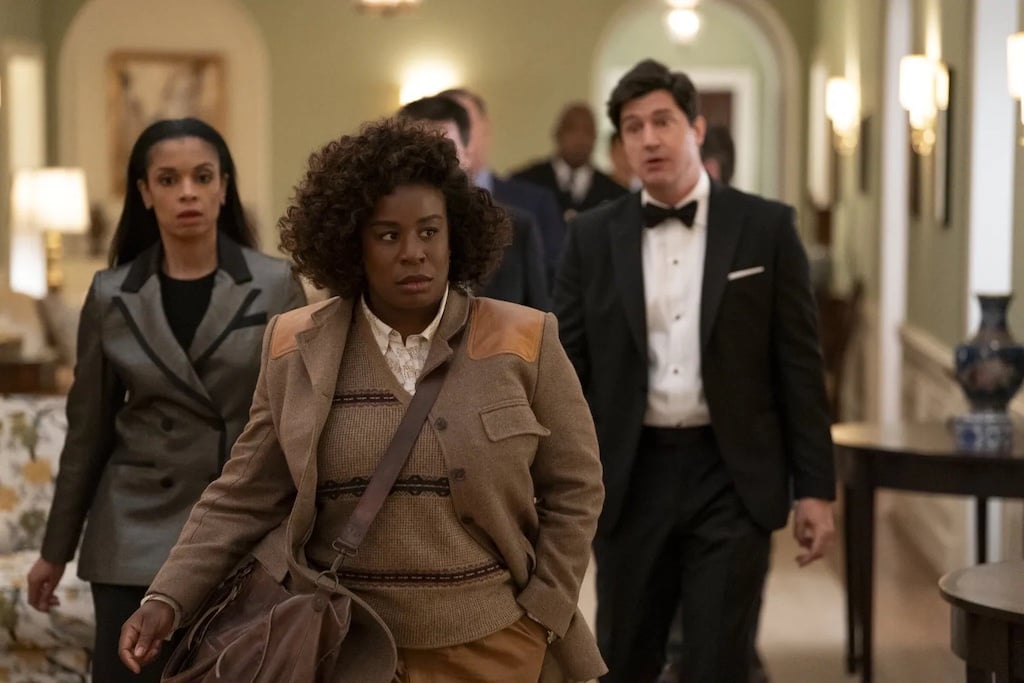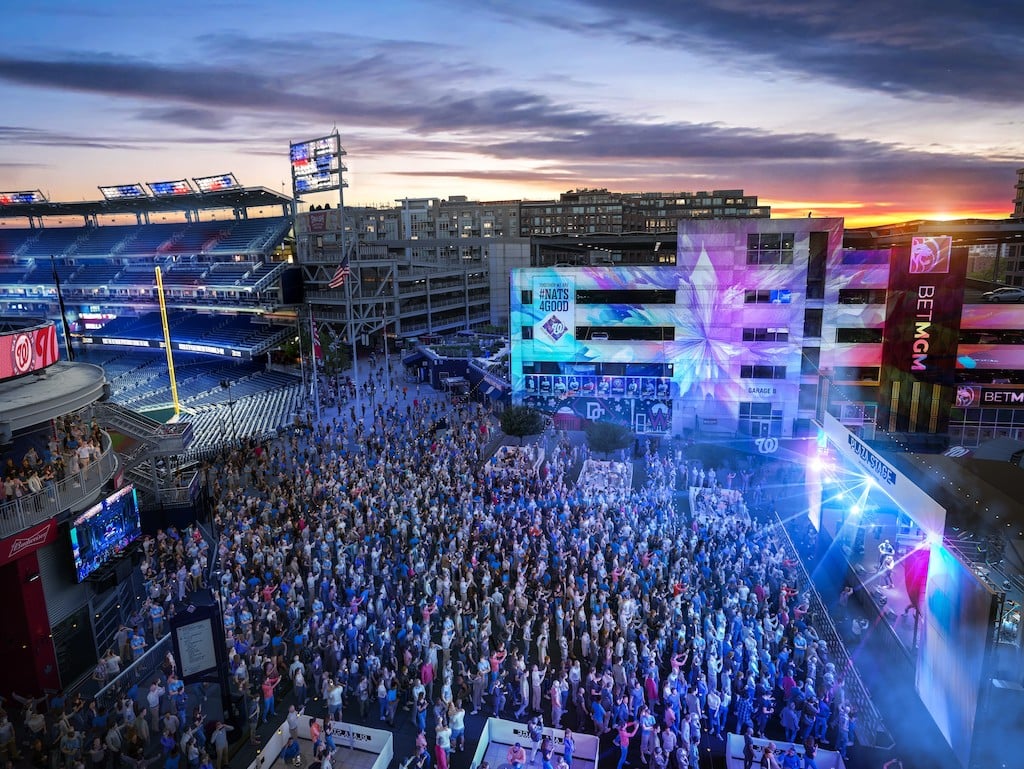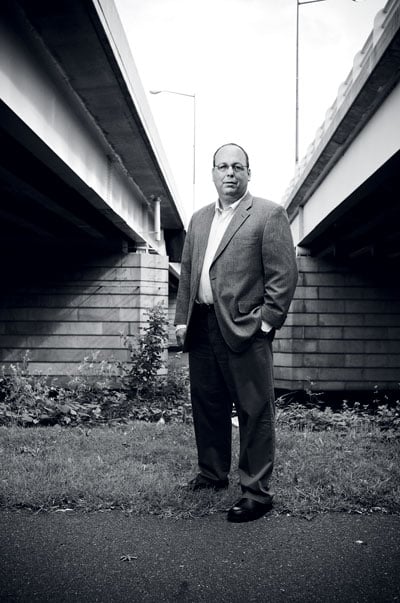
It was January 13, 1982. I was out of work. I’d been fired as the traffic reporter at KIX-106 in Alexandria because of a safety issue with the plane. I was renting a condo in Pentagon City and there was a snowstorm, so I wasn’t planning to go anywhere. I always had police scanners on because of my background as a firefighter and my interest in the news.
Around 4 in the afternoon, I heard something on one of my scanners. I turned it up. It was the National Airport fire department talking about a plane crash near the 14th Street Bridge. That caught my attention. I called the WTOP newsroom and said, “Look, you don’t know me, but there’s been a plane crash at the 14th Street Bridge.” Then I thought: Let me see if I can get up there—I’m not far away.
It turned out that an Air Florida flight from National had crashed into the bridge after takeoff, killing 78 people, including 74 of the 79 onboard. I worked my way to what was then the Twin Bridges Marriott and talked my way into a fifth-floor hotel room. I was just walking up the hallway and there was a door open and I knocked on it. I looked in and they were all outside on the balcony watching. I said, “I want to do a radio report. Can I use your phone and stand on the balcony?”
I stood in the freezing cold, with my binoculars in one hand and the phone in the other, and gave WTOP live reports. I’d done some radio when I was in college and worked as a disk jockey in southern Maryland, but I’d never been a reporter for a radio station in a major market. This was my audition.
I was too stunned to be nervous. I could not believe there was a commercial plane between the bridges, in the river. I could see the helicopter swooping down, and I tried to make out what was going on with the rescues. I could see the damaged cars on the bridge. I just started talking, describing what I saw.
The station didn’t stay with me constantly—they were also covering a Metro crash in Southwest DC that killed three people—but for a couple hours they kept coming back to me. At one point, I was standing there and Ross Simpson from Mutual Radio walked up. He wanted to use the phone in the hotel room. I looked at him and said, “No way.”
It didn’t hit me until I got off the air how many people were on the plane, how many were dead. What I remember most is the sirens. The sirens never stopped. It seemed like fire equipment and ambulances were coming from everywhere.
WTOP put me to work the next day. The bridges were closed, and they needed an extra traffic reporter. I walked in, got a tape recorder and car, and they said, “Here’s the keys. We’ll fill out the paperwork later.” By Friday they said, “Would you like a full-time job?”
Dave Statter worked for WTOP as a traffic and news reporter from 1982 to 1985, then spent 25 years as a reporter at Channel 9 before retiring in 2010.
This article appears in the January 2012 issue of The Washingtonian.

